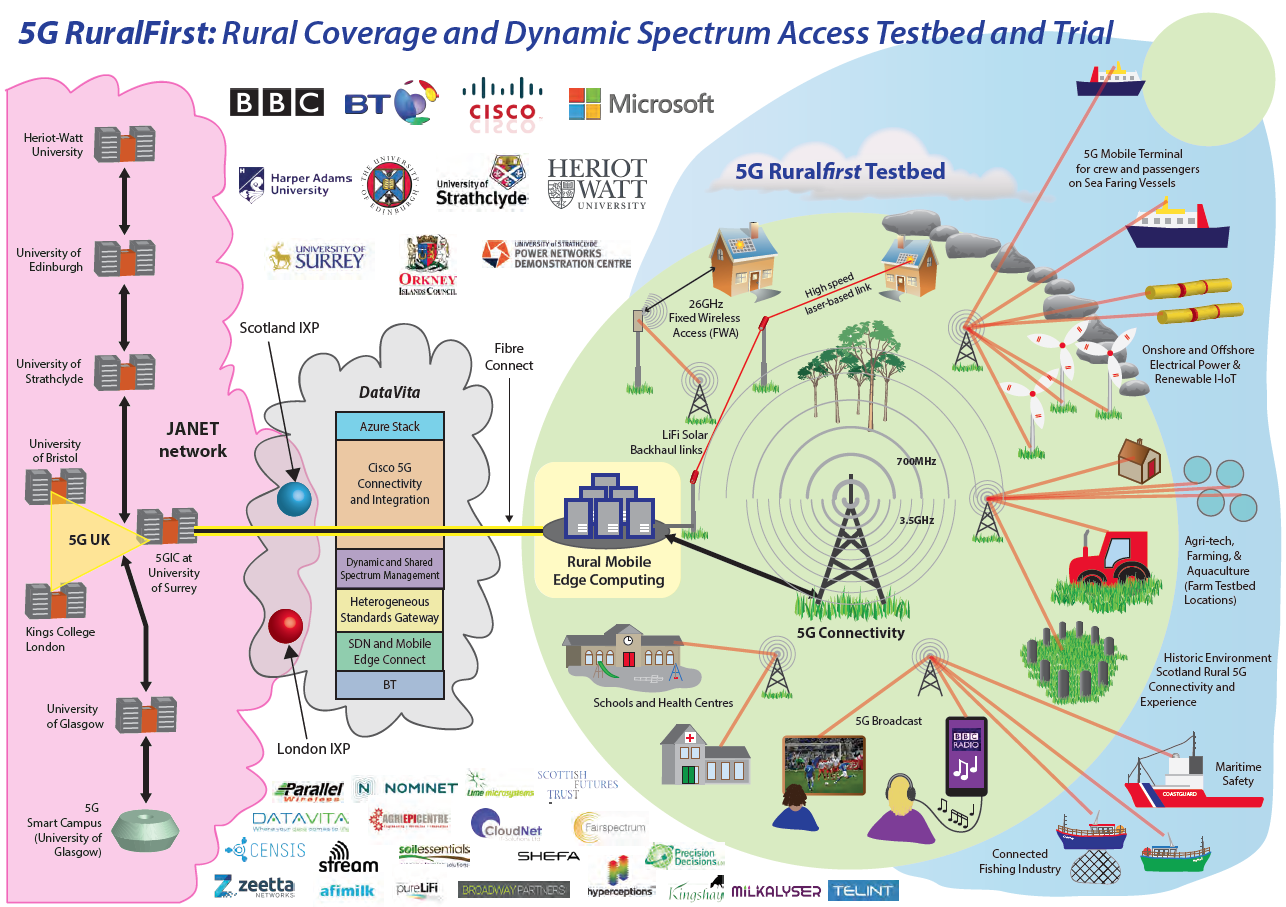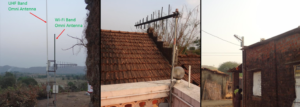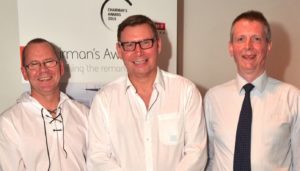
With Cisco as the named lead, and principal partner the University of Strathclyde, the network of 32 organisations includies BBC R&D, Microsoft, BT, 5GIC, Parallel Wireless, Lime Microsystems, Zeerta Networks, the Agi-EpiCentre and Scottish Futures Trust. The project will aim to create a complete end-to-end rural 5G testbed system for trials of new wireless and networking technologies, spectrum sharing, new applications and services; stimulating new business models, all with a focus on testing and demonstrating innovative approaches for ensuring that 5G connectivity is accessible and affordable in hard-to-reach rural areas.
Testbeds and trials for the project will primarily be based on the Orkney islands to the very north of Scotland, and the farmlands of Somerset and Shropshire. The locations will be linked to the distributed Cisco® 5G cloud platform at DataVita’s Tier III data centre facility near Glasgow and will collaborate with the wider 5G UK ecosystem with the University of Surrey 5G Innovation Centre (5GIC).
Key use cases:
- Dynamic Shared Spectrum development and trial –led by the University of Strathclyde this work seeks to demonstrate the applicability of dynamic and shared spectrum technologies for 5G communications in rural areas, coupled with the deployment of low cost software-defined radio technologies, both with the intention of lowering the cost.
- Broadcast radio delivered over 5G with the BBC – the BBC believes internet-based delivery will become increasingly important to broadcasting. It will use the 5G testbed on Orkney to trial the capabilities of 5G to deliver traditional radio and new forms of BBC audio content over these new technologies.
- Smart farming in partnership with Agri-EPI Centre – The trial will help provide significant opportunities to transform UK agriculture into a smart, high-tech industry, through innovations in sensors & remote diagnostics, data collection, UAVs (drones), wider precision farming techniques and autonomous vehicles.
- IoT in Utilities and Environment Management – Electrical utilities and energy providers (wind, wave and solar), water companies, environmental monitoring, oil and gas industries – all have requirements for both general reliable data communications alongside low bit-rate, but high reliability and high security data communications for IoT (internet of things) in very remote areas.
Professor Bob Stewart of the Dept of Electronic and Electrical Engineering at the University of Strathclyde said:
“After a number of years trialling with TV White Space shared spectrum, we now see the very clear opportunity for future 5G mobile and wireless radios and networks to support and use shared and dynamic spectrum access technologies. Working with innovative radio manufacturers and spectrum database providers we see very clear opportunity for shared spectrum to work effectively alongside the services and coverage from current licensed mobile spectrum and unlicensed (Wi-Fi) spectrum”
Dr David Crawford, Manager of the Centre for White Space Communications said:
“Strathclyde have been working and leading on TVWS and related trials starting with the Isle of Bute TVWS testbed in 2011. Since then experience on the Ofcom Glasgow Pilot, and the Orkney Islands TVWS network, and our dynamic spectrum projects with partners in Zambia, Kenya, Ghana and Malawi, we now have extensive experience and a great team to now contribute to the aspirations of the emerging 5G technology marketplace.”
Mr Malcolm Brew, Senior KE Fellow University of Strathclyde and CTO Mawingu Networks, said:
“If we consider the geographical coverage for high speed wireless/mobile then its actually vey low in remote and rural locations. As well as exploiting 5G technologies, we need to also investigate and develop in parallel on the requirements for other innovative engineering solutions, such as renewable energy basestations as part of a 5G disaggregated radio small-cell rollout in remote areas”
Nick Chrissos, Director of Innovation, Cisco Europe said:
“The UK currently ranks 5th in the world when it comes to our readiness to embrace digital. We have the ambition, the innovative heritage and the expert ecosystems to shape the UK’s digital future, but to do so we have to address fundamental issues like making internet connectivity work for everyone. 5G RuralFirst looks to help close the digital divide in the UK. To uncover the opportunities and challenges faced in 5G deployment, and to ensure that it can do what other generations have yet to.”
Kieran Clifton, Director, Distribution & Business Development, BBC said:
“The BBC is delighted to be part of the 5G RuralFirst project. We’re excited to be developing new ways to deliver both traditional radio and new forms of audio content around the UK and to help audiences get the best possible services in difficult to reach areas.”
More information can be found on the project website, www.5GRuralFirst.org




